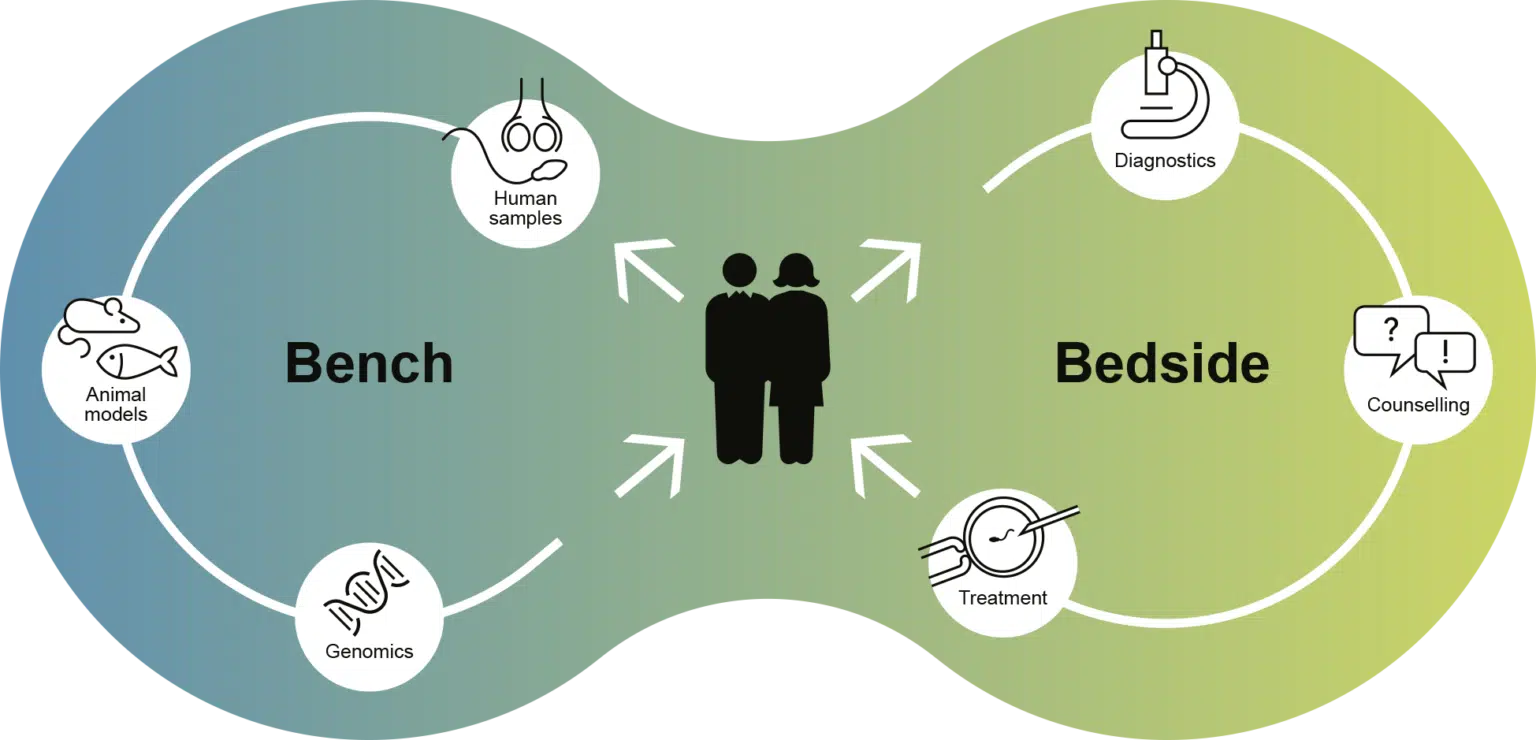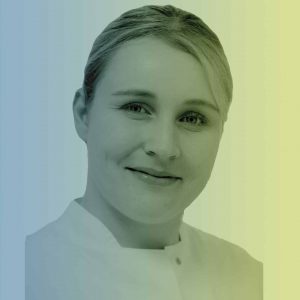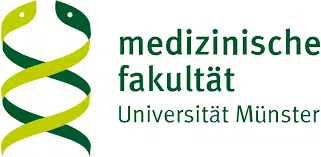Collaborate. Leverage. Impact.
Reproduction.MS -
On the way to a
Collaborative
Research Centre (CRC)
Infertility is on the rise, currently affecting more than 50 million couples worldwide – a prevalence similar to other common diseases such as diabetes. Hence, integrated research approaches investigating both the basic principles of reproduction and pathomechanisms of infertility are required.
Fuelled by the DFG Clinical Research Unit ‘Male Germ Cells’ (CRU326) and supported by the University of Münster, we set out to take male reproductive research as well as the diagnostics and care of male infertility to a whole new level. Our Reproduction.MS initiative aims to shape and successfully accomplish a DFG Collaborative Research Centre (CRC). This CRC – composed of basic and clinical scientists of the University, University Hospital, and Max Planck Institute Münster as well as one collaborator from the RWTH Aachen – shall take this endeavour further and establish a beacon of excellence unravelling the molecular mechanisms of male infertility. The central objective of the CRC is to shed light on the genetic, molecular, and cellular mechanisms governing the formation and function of the testis, sperm production and function, and the fertilisation process – both in health and disease. To this end, we aim to combine interdisciplinary research in molecular and cell biology, physiology, epi‑/genetics, (bio)informatics, and multimodal data analysis. Our main focus lies on humans, capitalising on the close interconnection of medicine, clinical science, and basic science in Münster. This unique setting enables projects relying on thoroughly characterised human material, particularly from male patients suffering from infertility and related disorders, inspiring projects on selected mammalian and non-mammalian model organisms and vice versa. Finaly, innovative central projects that interface clinics with science, are designed to generate and analyse genomic data, manage scientific and medical data, and conduct ‘Citizen/Patient Science’ to maximise the CRC’s scientific, clinical, and social impact.
Our mission is to spur the translation of basic knowledge into the clinic, for example, to enable early diagnosis of male infertility as well as co-morbidities and increase the fraction of evidence-based treatment decisions for medically assisted reproduction.

The CRC initiative's
translational vision
Reproduction.MS – Unravelling the Molecular Mechanisms of Male Infertility
// feel free to stay or get in contact via e-mail
Münster pools expertise
Coordination

Univ.-Prof. Dr. med.
Frank Tüttelmann
Coordination
Institute of
Reproductive Genetics (IRG)
Vesaliusweg 12-14, 48149 Münster
frank.tuettelmann@ukmuenster.de

Univ.-Prof. Dr. rer. nat.
Timo Strünker
Coordination
Centre of Reproductive Medicine
and Andrology (CeRA)
Domagkstraße 11, 48149 Münster
timo.struenker@ukmuenster.de

PD Dr. rer. nat.
Nina Neuhaus
Coordination
Centre of Reproductive Medicine
and Andrology (CeRA)
Domagkstraße 11, 48149 Münster
nina.neuhaus@ukmuenster.de

Dr. phil.
Carla Schieb
Management
Institute of
Reproductive Genetics (IRG)
Vesaliusweg 12-14, 48149 Münster
carla.schieb@ukmuenster.de

Dr. rer. nat.
Cristin Beumer
Management
Clinical Research Group
'Male Germ Cells' (CRU326)
cristin.beumer@ukmuenster.de

Monika Möller
Secretariat
Institute of
Reproductive Genetics (IRG)
Vesaliusweg 12-14, 48149 Münster
reprogenetik@ukmuenster.de



